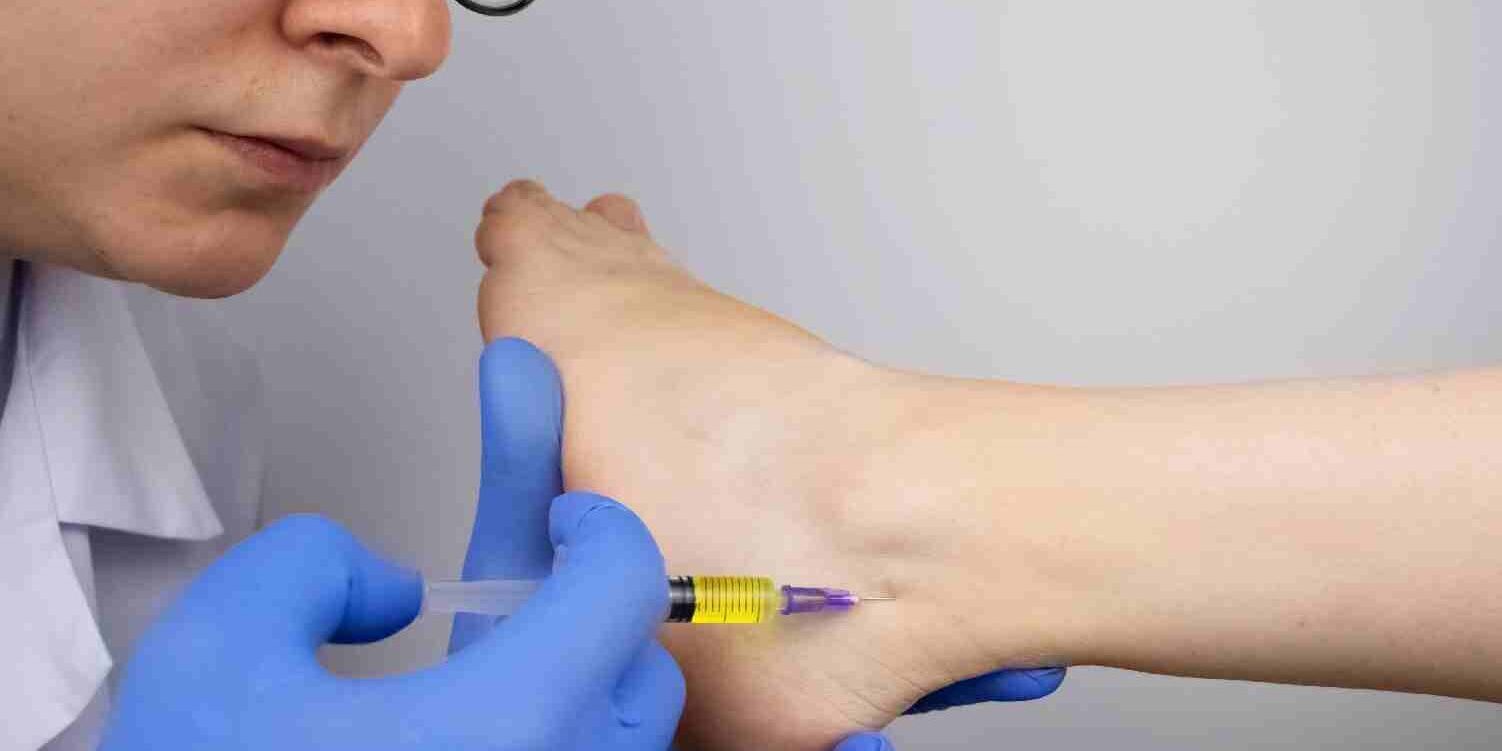Eshealthtips.com – Arthritis in the feet can be difficult to manage and can be treated using anti-inflammatory medications and other techniques. However, it is important to seek medical advice if your foot pain becomes too severe to handle on your own. Fortunately, there are many natural remedies for arthritis in the feet that can help you ease the symptoms.
Relieve Pain by Using Topical Creams and Ointments
You can use topical creams and ointments to provide relief from the pain. Topicals containing capsaicin, an ingredient found in chile peppers, are often effective. Capsaicin works by blocking the transmission of substance P, which is responsible for pain. These creams and ointments can be purchased over the counter under several brand names.
Arthritis in the feet is a painful condition that can reduce your quality of life. It can affect your daily activities, including walking. It can also cause your joints to wear down, resulting in reduced flexibility. While there is no cure for arthritis, there are many effective treatments to manage the symptoms and help you stay active.

Arthritis in the feet is common and often begins with pain and discomfort on the feet. Pain may be felt at the base of the big toe or in the middle of the foot. In severe cases, patients may develop rheumatoid nodules, which are hard, firm lumps found in the affected joints. Patients may also experience burning or tingling sensations in the foot when they put pressure on it.
Steroid Injections Can Reduce Inflammation in Feet Joints
Arthritis in feet can be treated with a combination of home remedies and medical intervention. Surgery may be necessary for severe cases. Steroid injections can reduce the inflammation in the joint, which helps in alleviating the pain. Surgery may be required for some people if the condition causes a significant loss of mobility or excessive movement. However, it should only be used after consulting a podiatrist.
Nonsteroidal anti-inflammatory drugs (NSAIDs) are effective in reducing pain and swelling in the joints of the feet. NSAIDs can be found over-the-counter, and some are also available by prescription. You should consult your doctor before taking any of these medications because NSAIDs have side effects and should be used under close supervision.

A healthy diet is essential in treating osteoarthritis in the feet. However, you should consult your GP before changing your diet. They will be able to advise you on what foods are safe for you and which foods are harmful to your health. In addition, proper foot care is essential, which will improve the condition of your feet. Proper trimming of the toenails can help prevent ingrown toenails.
Compression Socks Help Improve Circulation in the Feet
Compression socks help to increase circulation in the feet, which can decrease swelling and pain. Changing your shoes can also help. If the condition is more severe, surgery may be required. If surgery is not an option, there are other treatment options. A rheumatologist can prescribe disease-modifying anti-rheumatic drugs (DMARDs) to reduce inflammation and prevent joint damage.
Arthritis in the feet can be caused by a variety of conditions. Post-traumatic arthritis can develop after a foot injury, such as fractures or dislocations that damage the joint surface. As a result, the cartilage between joints wears away. This can happen many years after the initial injury. In some cases, the joint is damaged and secretes hormones that stimulate cartilage cell death.

Surgery can be an option for some cases of arthritis in the feet. The most common treatment is arthrodesis, which involves the fusion of multiple bones into a single bone. This is often used to treat severe pain and has a success rate of 95 percent. Another option is arthroplasty, which involves replacing the joint surfaces with an artificial joint. This treatment is more common in older patients. Arthritis in the feet can have a negative or positive outcome, depending on the type of arthritis.
Reference: